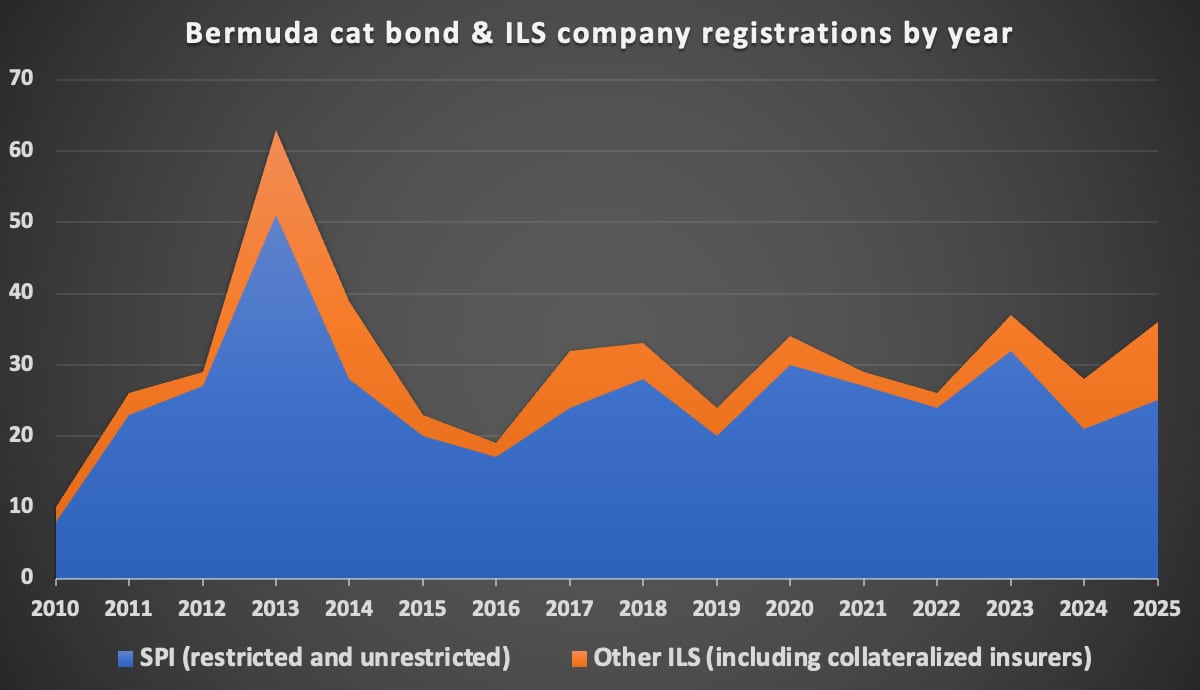Capital One offers a variety of credit cards for all types of consumers. This includes cash-back cards, cards targeted toward students and travel rewards cards. While not all cards feature the same benefits, there are a few that provide extra protections.
One such protection is rental car insurance. When renting a vehicle, you can drive with extra peace of mind when paying with select Capital One credit cards and being protected with Capital One rental car insurance.
Let’s take a look at Capital One’s car rental insurance offerings, what it covers and how to file a claim when you’ve had an accident.
What does Capital One rental car insurance cover?
Rental car insurance offered by Capital One is distinct from other types of car insurance, especially personal policies. In order to be eligible for this complimentary insurance, you’ll need to decline the collision damage waiver, or CDW, insurance offered by the rental car company. You’ll also need to pay for the entire rental with your Capital One card.
As a rule, Capital One car insurance will protect you in the event that these types of damage occur:
-
Physical damage to the car.
-
Theft of a covered rental vehicle.
-
Valid loss-of-use charges charged by the rental car agency.
-
Reasonable towing charges.
Note that Capital One’s insurance only covers your rental car — not other vehicles, which means if you’re in an at-fault accident you won’t have coverage. This includes costs for damage to other vehicles as well as medical payments for which you may be liable.
🤓Nerdy Tip
Capital One’s rental car insurance specifically excludes coverage in Irish Republic, Israel, Jamaica and Northern Ireland.
And there are a couple of other limitations that travelers should be aware of: Your rental cannot exceed 15 consecutive days in your residence country or 31 consecutive days in other countries.
Which Capital One travel cards include rental car insurance?
Here are a few of Capital One’s credit cards that provide rental car insurance:
The coverage you’ll receive will depend on what type of Capital One credit card you hold. The Capital One Venture X Rewards Credit Card, for example, is a Visa Infinite card and its coverage is primary. This means the insurance will pay out before other types of insurance policies you may have.
The Capital One Venture Rewards Credit Card, meanwhile, is a Visa Signature card with benefits that are secondary to other types of insurance when within your country of residence. It still acts as primary insurance when you’re traveling and renting a car abroad.
Note that only those who are approved for the Visa Signature version of the Capital One VentureOne Rewards Credit Card will receive rental car insurance. Those who qualify for the Visa Platinum version of the card are not entitled to this benefit.
Who is covered?
Capital One’s rental car insurance coverage is fairly standard. As the cardholder and primary renter of the vehicle, you are covered. Any additional drivers as specified on the rental car policy are also covered.
🤓Nerdy Tip
The rental car insurance provided by Chase credit cards includes coverage for the countries Capital One’s insurance excludes: Irish Republic, Israel, Jamaica and Northern Ireland.
Be aware that other drivers who aren’t explicitly listed on your agreement will not have coverage in the event of an accident.
How to file a Capital One rental car insurance claim
If an incident does occur and you need to file a claim, there are two methods that you can use.
-
Contact your benefits administrator by phone. Check your individual guide to benefits for the appropriate phone number as they differ depending on the card that you hold. Or,
Regardless of the method that you choose, you’ll want to file your claim as quickly as possible. Reporting your incident more than 45 days after it occurred renders it invalid.
You’ll then need to fill out and send in the auto rental CDW form. This must be postmarked no more than 90 days after the date of the accident.
Finally, you’ll have up to 365 days to send in the remaining documentation that the claim will require. This includes:
-
A copy of your billing receipt or credit card statement showing that you paid for the rental using your eligible card.
-
A copy of the accident report form.
-
A copy of the repair estimate and itemized bill.
-
At least two photographs of the damage (if possible).
-
A police report (if possible).
-
A copy of the demand letter indicating any costs for which you are liable and any payments already made.
Note that the documentation requirements will differ based on which card you hold. Those with a Visa Signature card (like the Capital One Venture Rewards Credit Card) will need to provide information regarding their existing insurance policy or a notarized document stating that they have no personal insurance.
After you’ve finished submitting documentation, the benefit administrator will begin finalizing your claim. Claims are generally resolved within 15 days after you’ve turned in all your information.
Capital One car rental coverage, recapped
Even if you don’t rent cars often while traveling, Capital One’s rental car insurance coverage can save you big bucks at the rental company’s counter. Declining coverage and using your eligible card to pay for the vehicle can entitle you to complimentary insurance while you’re on the road.
Be sure to double-check which card you hold and its appropriate guide to benefits. Not all coverage is the same. Some cards, like the Capital One Venture Rewards Credit Card, will only provide secondary insurance for your vehicle. While others, like the Capital One Venture X Rewards Credit Card, feature primary coverage, which will handle your claim without affecting any personal policies that you may hold.
Travelers to certain countries should be aware that Capital One travel credit cards may not provide coverage.
How to maximize your rewards
You want a travel credit card that prioritizes what’s important to you. Here are our picks for the best travel credit cards of 2022, including those best for:


































